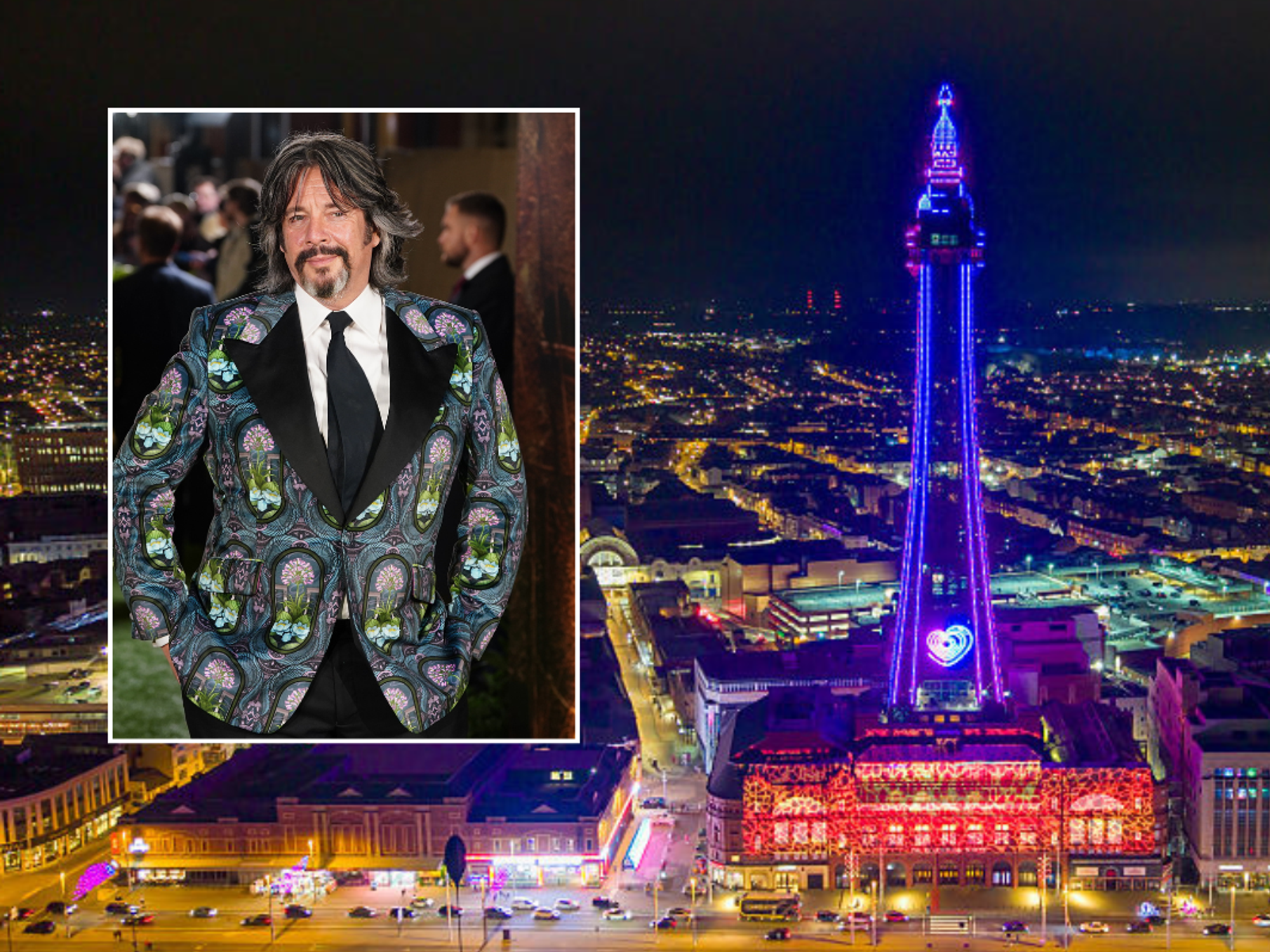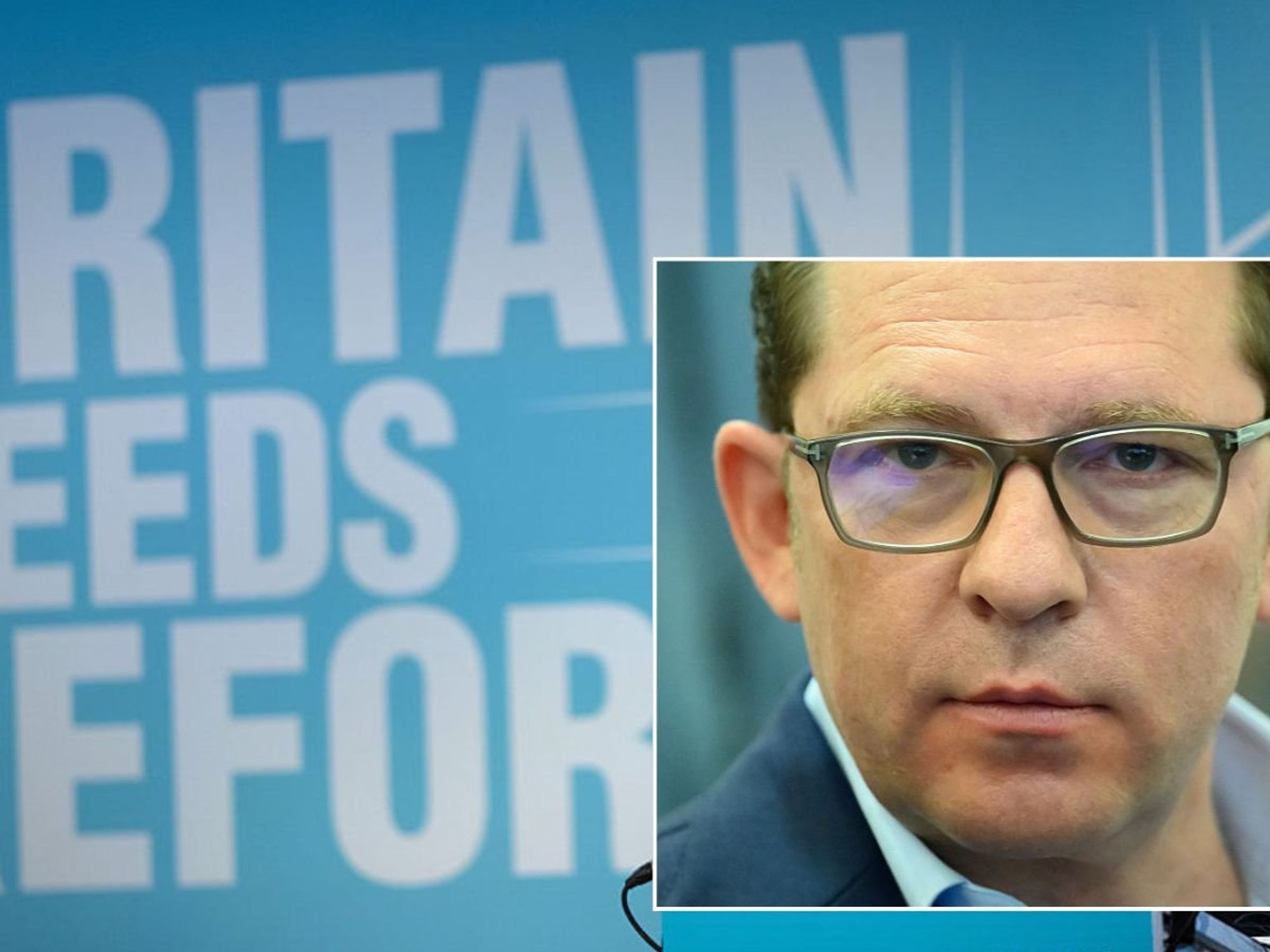Labour are extremists when it comes to wealth and farmers are receiving the FULL brunt - Alex Story
Alex Story is an Olympian, entrepreneur and writer on economic and social issues
Don't Miss
Most Read
Labour is run by extremists.
The party always was. Attaining political power and keeping it to encrust its ideology within the political system, outside of political oversight, was and is its supreme aim.
The nation's well-being and her people comes a very distant second in the order of Labour’s political priorities.
Ideology features ahead of the reality, against which Labour always rails.
Net zero, DIE (Diversity, Inclusion and Equity), and multi-culturalism, among other topics, are manifestations of that wounded state of mind.
It learned over a century ago that the working man, as a patriot, was not reliable.
The country and her culture were always much more important to him than ideological alignment.
His desire to improve his and his family’s material situation and his attraction to the trappings of wealth as it grew made him a poor and unreliable ally in the socialist order of things.
Business, for its part, was too footloose. It would remain in the country only if our leaders were sensible and focused on keeping Great Britain competitive.
If our political masters weren’t, businesses would seek alternative options, such as outsourcing for instance.
To control both sides of the private sector coin, the working man on one hand and business on the other, the Fabian society, Labour’s intellectual core, along with sundry socialist parties, believed that National Socialism should be followed by International Socialism. Indeed, at the dawn of the 1900’s century, the Fabians wrote in Fabianism and the Empire: “we must lay the foundations of International Socialism, as we are laying the foundations of National Socialism”.
The reason was simple.
If they imposed national socialism at home without enforcing it abroad, business and talent would flee to distant shores.
Only by imposing socialism internationally could socialism survive nationally.
The difference between one state (national socialism) and the other (international socialism) was one of stages not, crucially, of ideology.
At the core was a rejection of sovereignty: at an individual, corporate and national level. To be a socialist, after all, is to submit “the I to the thou; socialism is sacrificing the individual to the whole”.
The vehicle for their grand vision was the British Empire, which they ironically denounced.
The tools would be the imposition of regulation and taxation on the rest of the world at the point of a progressive gun if necessary.
Violence - or “annihilation” using one of Bernard Shaw’s favourite words - would be justified if less “civilised” countries were to “obstruct” the advancement of international civilisation.
Marx thought socialism would come to Germany first, and once implemented nationally, it would of necessity be implemented internationally.
That it came to Russia before Germany was unexcepted but once it was established all socialist grandees revered the Soviet Union for advancing mankind into a new progressive era.
National socialism before international socialism was the mantra for our Labour Party at the time.
The template remained though, remarkably, unchanged until today.
After all, few things are as predictable as the socialist mind.
The nation needs to be subsumed in an international order with regulations and laws coming down from the top to be pushed down onto an ill-informed populace.
From that perspective, local problems can only be solved via international organisations, totally removing the voter from decision making in the process – all this purposefully.
Otherwise, the proverbial playing field would not be levelled. It would, therefore, lead to unfair competition.
And competition is kryptonite to socialists.
Its enemies, as can be guessed, also never change.
For Marx and his “intellectual” descendants, three things needed to be destroyed for a new dawn to rise: private businesses, the family and the profit motive.
It is what our current leaders in the United Kingdom think today. Sir Keir Starmer believes in Davos before parliament, the latter being too parochial.
If the views of British subjects don’t chime with those of global experts, one might as well replace them, to paraphrase Berthold Brecht, a communist author.
Rachel Reeves, for her part, showed her true colours a few weeks before the budget by hanging a portrait of Ellen Wilkinson, one of the founders of the British Communist Party in her office.
She didn’t hang the picture because Ellen was a woman.
She did so because “Red Ellen” was a full-blown communist. Ellen is Rachel’s “intellectual” beacon. As a recap, by 1920, when Red Ellen went to Moscow to attend the Red International, millions had already died at the hands of Lenin and Trotsky’s poisonous ideology, a well-known fact at the time.
By 1991, when the Soviet Union collapsed, untold amounts of misery had been inflicted on mankind by this “cockroach of beliefs”, which can “survive anything” in the words of Konstantin Kisin, a social commentator.
Starmer and Reeves believe religiously in their ideology. We know because Starmer told us in 2020 that, on the big things, he hadn’t changed his mind much. He wrote for and edited a communist sympathising pamphlet called Socialist Alternatives until the collapse of the Soviet Union before joining the Haldane Society of Socialist Lawyers, a hard-left entity, which he only left in 2008.
And we know because Reeves hung up that portrait and delivered her expropriating budget.
She set out to reward the state apparatus at the expense of a suffocated private sector.
In it, the working man and business were attacked while an inert, Jabba-the-Hutt state leviathan was fed yet more resources.
Most visibly, she took aim, with the whole Labour Party rejoicing, at the farmers of Great Britain by making changes to the inheritance rules to stop farms being passed down tax-free to their next of kin.
No business riles socialists as badly as a private, profitable, family farm.
The family, inheritance and profitability are three attributes that push the British farmer beyond the pale.
Further, he tends to be of the old British stock, being mainly Caucasian and deeply rooted in the soil of his forefathers, aware of traditions, the seasons and the ancestral mystic of the land. A roadblock to progress in other words.
In today’s environment, small farmers are fair game. They have no claims to the modern diversity industrial complex and therefore no official political protection.
The family farm in today’s Britain is the Kulak class of the former Soviet Union and destined for the same fate.
As John McTernan, one of Tony Blair's key strategists said: “We don’t need small farmers.
“If the farmers want to go on the streets, we can do to them what Margaret Thatcher did to the miners” he said charmlessly, adding: “It is an industry we can do without."
While Starmer disingenuously sought to disown McTernan’s comments a little later, Reeves’ attack on small farmers in the facts and details of her budget belies her boss's verbal posturing.
One judges characters by their actions, not their words.
From this vantage point, Starmer, Reeves and McTernan agree: inherited, family businesses that turn a small profit have no place in an international world order.
If it waddles like a communist duck, speaks and thinks like one, then it is one.










